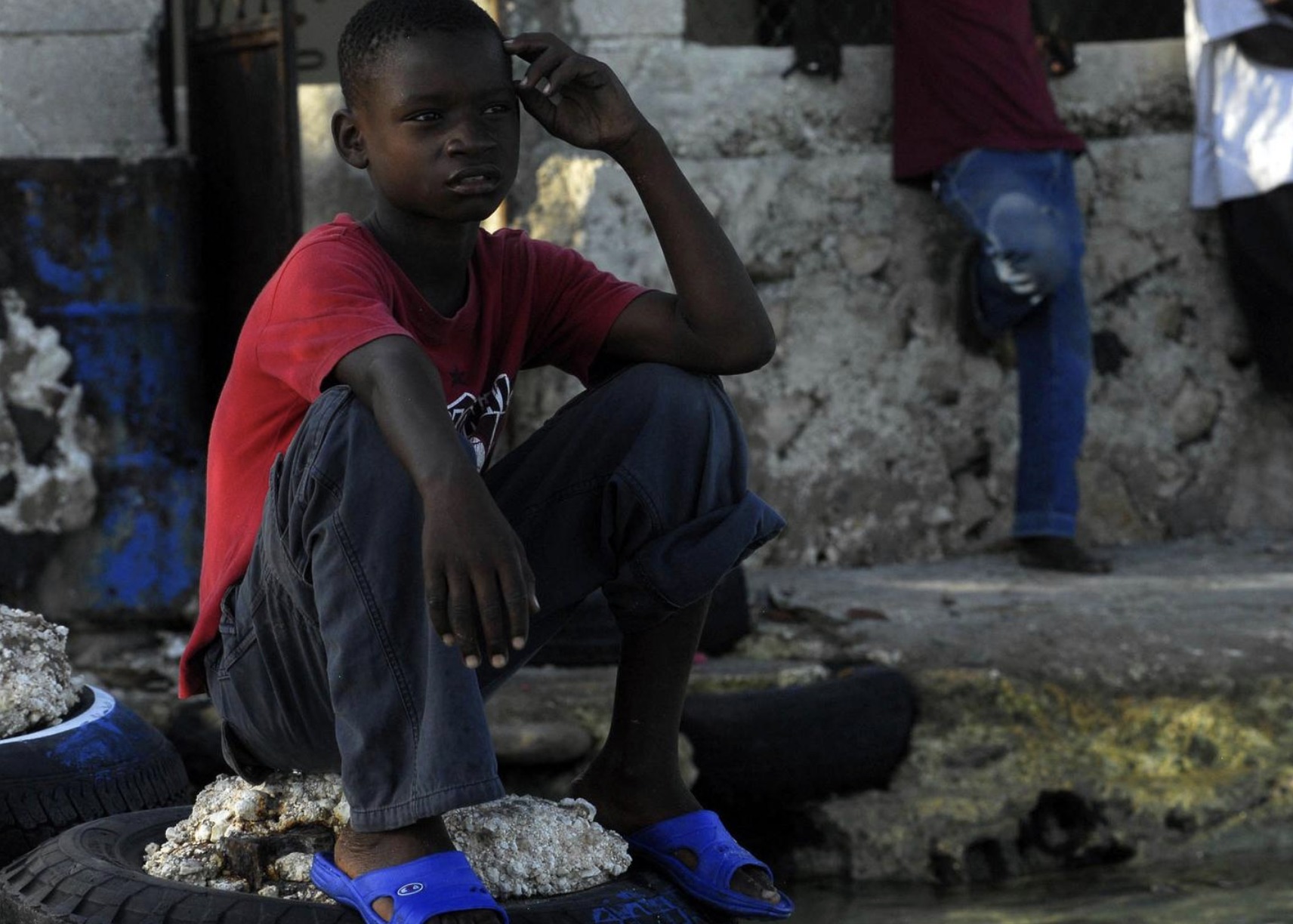


U.S.
Shayan Dabiri, Jan 7, 2026
President Trump signed the “One Big Beautiful Bill” Act into law on July 4, 2025, bringing about significant changes for many Americans [1]. One of the bill’s changes is a restructuring of federal borrowing and, consequently, repayment plans. One group in particular will be heavily affected by these changes: graduate students. The Education Data Initiative estimates that around 6...
U.S.
Tegan Holdaway, Jan 7, 2026
Since securing a conservative supermajority, the Supreme Court has been a beacon of controversy among the American people. From rolling back constitutionally-protected abortion to extending gun ownership rights, the decisions made in the land’s highest court have found their way into already polarized political discourse. Religion is no exception to this tr...
U.S.
Emma Quirk, Jan 5, 2026
Today, immigration is one of the Republican Party’s strongest issues [1]. However, this was not always the case. Prior to 2016, the Republican Party wanted presidential candidates who were softer on documented and undocumented immigration, viewing immigrant labor as economically beneficial. It was the rise of the Tea Party in 2010 and the subsequent election of Donald Trump in 2016 that popu...
U.S.
Enis Fang, Dec 31, 2025
Since President Donald Trump’s inauguration on January 20, 2025, the value of the dollar has declined by over 9 percent per the D.X.Y. index. The D.X.Y. index measures the value of the dollar relative to six other prominent currencies, including the Japanese yen and the euro. This means that the dollar has underperformed relative to currencies from other developed countries in the past year ...
U.S.
Jeremy Estrella, Dec 24, 2025
Organized lobbying is a defining feature of American democracy as it ensures a variety of voices within the policymaking process. However, this practice also exposes the tense relationship between influence and dominance, especially when significant financial power has the ability to amplify certain voices over others. Few lobbying organizations highlight this tension more clearly than the America...
World
Megan Sandoval, Jan 7, 2026
Through the deployment of religious symbolism and traditional rhetoric, the Russian state has not only institutionalized ideological conformity but has militarized spiritual authority in contemporary war efforts. The close collaboration between the Kremlin and the Russian Orthodox Church (R.O.C.) has perpetuated these mechanisms of power into the 21st century, shaping Russia’s political, cul...
World
Jonah Wood, Jan 6, 2026
Anne Applebaum, a well-known writer for The Atlantic, characterized the war in Sudan as a nihilistic civil war between two power-hungry generals left to wreak havoc in the absence of a liberal order [1]. Concurrently, advocates have criticized the all-too-common attitudes that it is “just what happens in Africa”, a tragedy for which most outsiders have too much “compassion fatigu...
World
Jonah Wood, Dec 25, 2025
Introduction
In many introductory political science classes, students are taught the concept of the prisoner’s dilemma. Two prisoners are interrogated separately, with the option either to accuse the other or stay silent. If both remain silent, they both receive a short sentence. If both talk, they both receive a medium sentence. Yet if only one talks, they go free, while the accused pris...
World
Matt Storbeck, Dec 21, 2025
On October 20, 2025, many UCLA students woke up to realize that Canvas, the software for accessing and submitting homework, was offline. This was caused by an outage of Amazon Web Services, the largest of the three main cloud computing companies. The outage temporarily disabled many of the websites and platforms hosted on the cloud. This highlights an issue with the internet as a whole: an overrel...
World
Skye Smith, Dec 21, 2025
Haiti - A Background
Haiti is a small country located in the Caribbean that shares an island with the Dominican Republic [1]. The capital of the country is Port-au-Prince. Haiti has a population of around 11.5 million. It is a semi-presidential republic in which the president acts as the country’s leader and the prime minister reports to the president [4]. However, Haiti has a deep histor...










